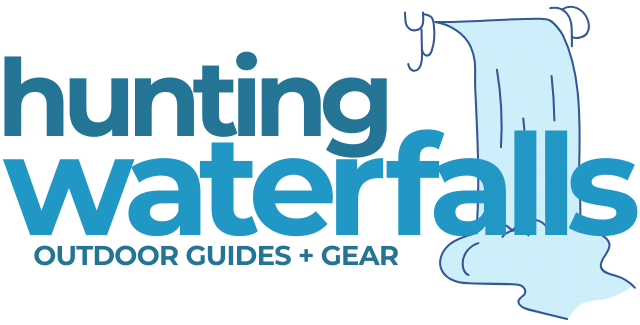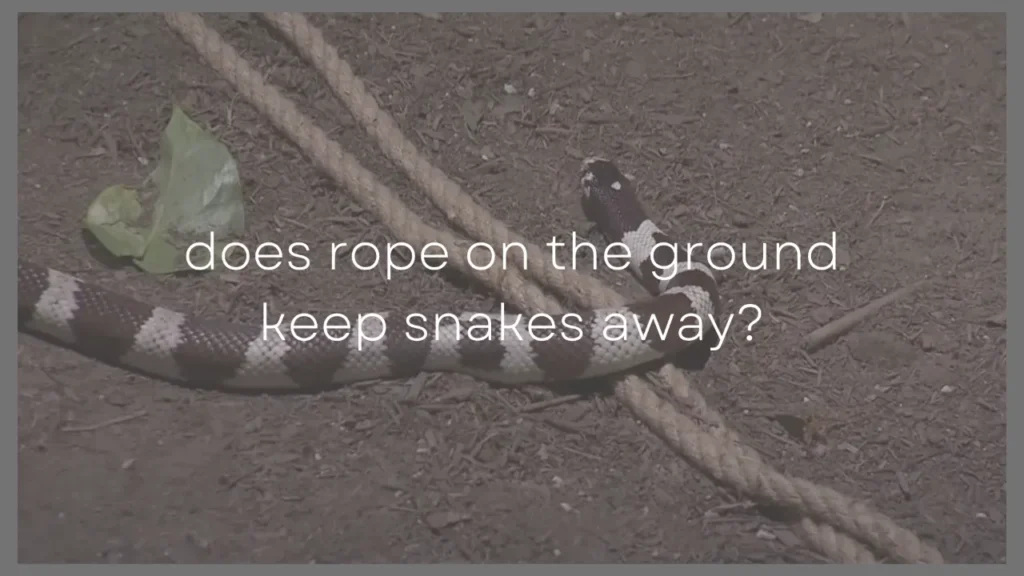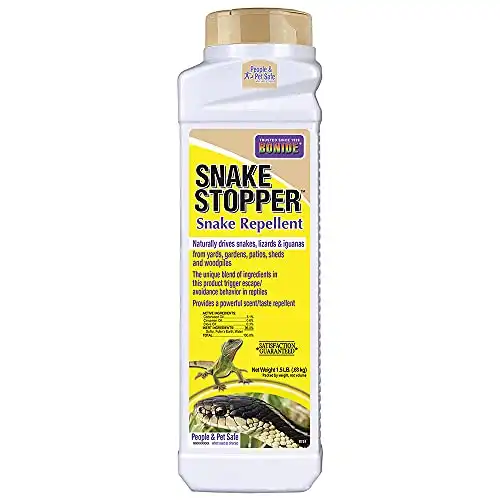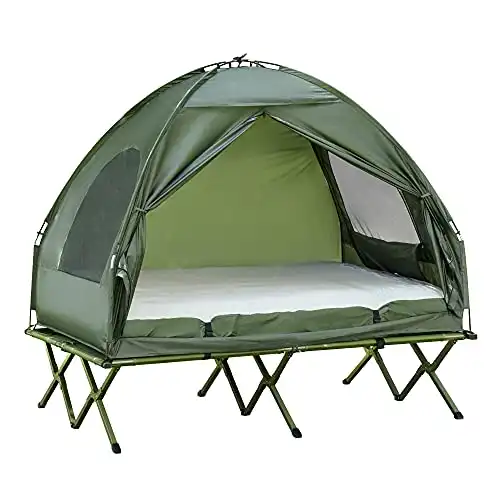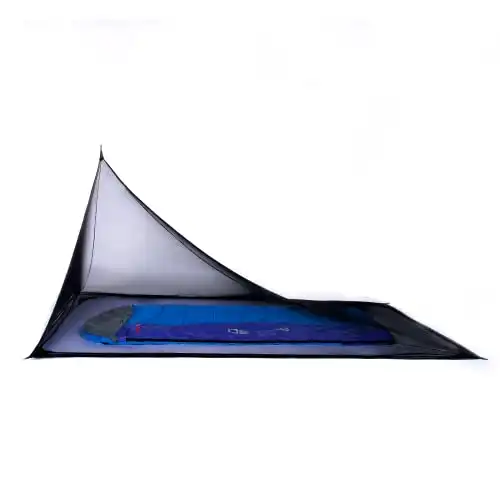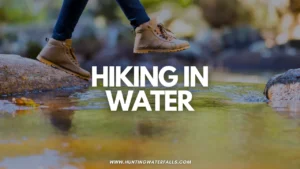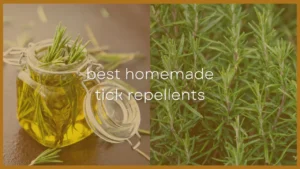When I camp in the summer and it's a nice night, I love sleeping under the stars but I always worry about snakes.
Other campers have told me that putting rope on the ground can keep snakes away but is this true or just a myth?
Putting rope on the ground does NOT keep snakes away and is a myth because snakes can easily cross any type of rope. To keep snakes away, keep your tent closed, use an effective snake repellent product (like vinegar or ammonia) and use a mosquito net as a physical barrier.
Camp in open spaces (snakes prefer more vegetation for hiding places) and keep rodents away as to not encourage snakes near your sleeping place.
The theory goes that snakes won't cross ropes either because ropes are scratchy and snakes have a soft underside and they don't like the scratchy nature of the rope, or rope made of horsehair keeps snakes away because snakes are afraid of horses.
Unfortunately, neither of these theories is true. Snakes are not deterred by any sort of rope. The ground itself that snakes are slithering on is just as scratchy if not more so than the rope and snakes don't seem to make the connection between horsehair rope and horses. It's an urban myth and if you want to deter snakes there are better options available.
Snakes don’t actively seek out humans but they may accidentally stumble on your campsite. Understanding what keeps them away (and what doesn’t) can help protect yourself and your family while camping.
Proof That Snakes Will Go Over Ropes
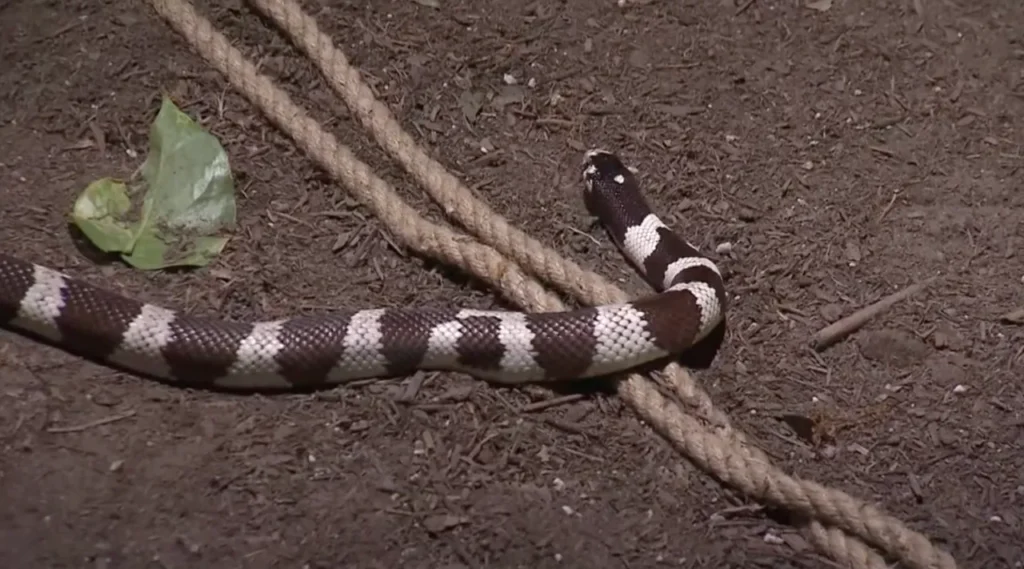
When you hear that putting rope on the ground will keep snakes away, it’s unfortunately an urban legend.
Over the years, scientists and laypeople have tested this theory, observed snakes closely and have concluded that rope isn’t an effective deterrent at all.
In their natural habitats, snakes often slither over objects that resemble rope (such as vines, soft branches and ground creepers) and at most may only hesitate slightly before crossing a rope or rope-like object.
A study conducted by the University of Nebraska in 1985 tested various snake repellent methods and rope was one of them:
“A length of sisal rope was placed across the floor of the test chamber on the grid. The snakes were not stopped or slowed down by this material”.
Gary J. San Julian
To further disprove this myth, here’s a YouTube video of the Muth Busters testing whether or not snakes will cross over hemp rope. The snakes had no problem crossing the rope:
Why Doesn’t Rope Repel Snakes?
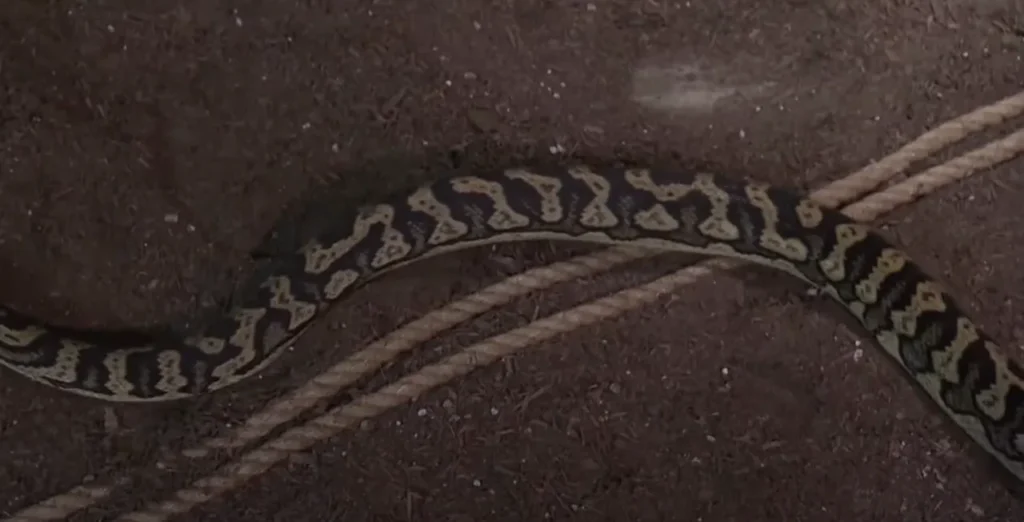
Rope doesn’t repel snakes because they aren’t scared of it and don’t see it as a physical barrier. They often encounter similar items in their natural habitat, such as branches or vines.
Horsehair and sisal ropes can be prickly and some people think that snakes will avoid these due to their smooth underbellies.
Although these ropes can be uncomfortable for snakes, they’re are used to moving other other sharp and prickly terrain, like sharp pebbles, twigs and leaves.
The same is true for crushed eggshells. Some people think that snakes won’t cross eggshells but if they smell any remaining egg yolk or white, they might actually move toward it as a food source.
If you want to use rope as a deterrent for unwanted critters, cut it so it looks like a snake and use it to repel rodents. A 2015 study showed that mice can be afraid of a snake’s smell and appearance.
Will Snakes Go Over Any Rope?
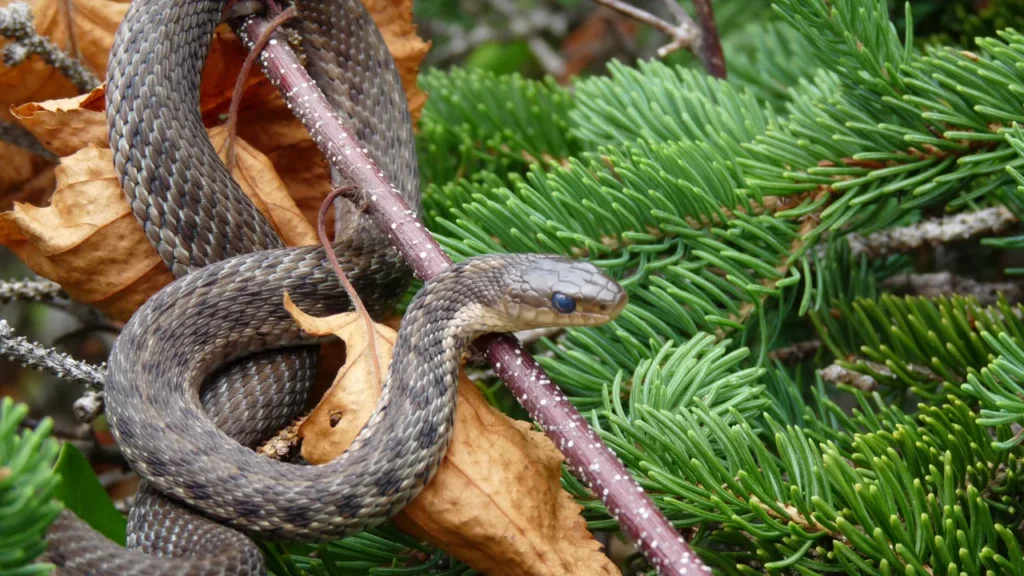
Snakes will go over any rope, even scratchy rope like sisal. They can easily climb over anything shorter than their body length as long as the surface offers enough traction or something for the snake to hold onto.
In the wild, snakes can easily climb trees because other branches give them leverage. They can also climb walls as long it doesn’t have glossy paint because bricks and cement give them traction.
Thickly-wound sisal rope, for example, is easy for a snake to travel over. It has a rough surface and the ends of the fibers tend to poke out, making it easy for snakes to hold onto and steady themselves.
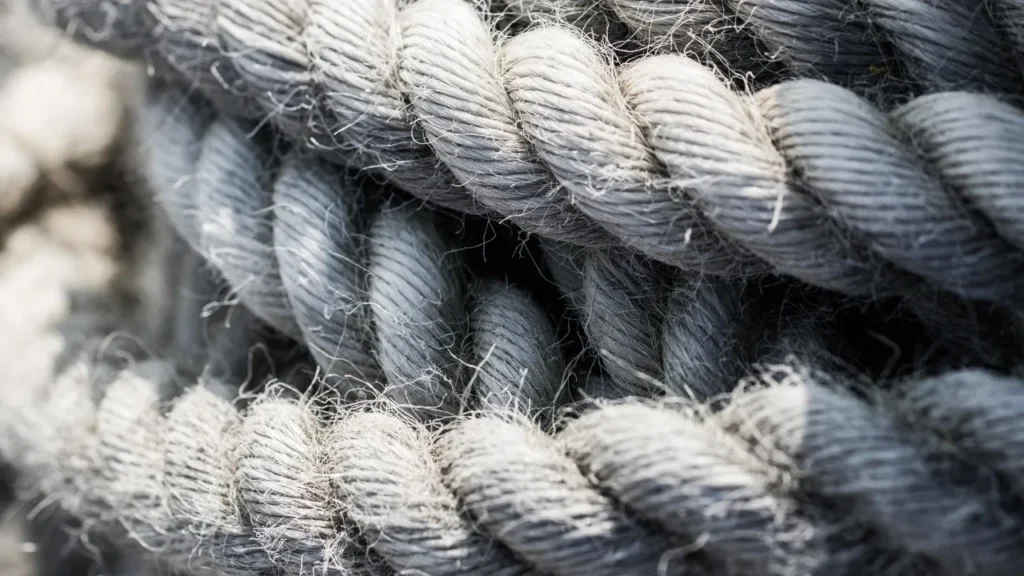
Depending on how thick it is, braided rope also has a very textured surface to give snakes plenty of traction.
The only “rope” snakes may have an issue with is smooth metal cable. However, since the cabling will probably be shorter (in height from the ground, not length) than the snake, they won’t have an issue climbing over it.
What About Horsehair Ropes?
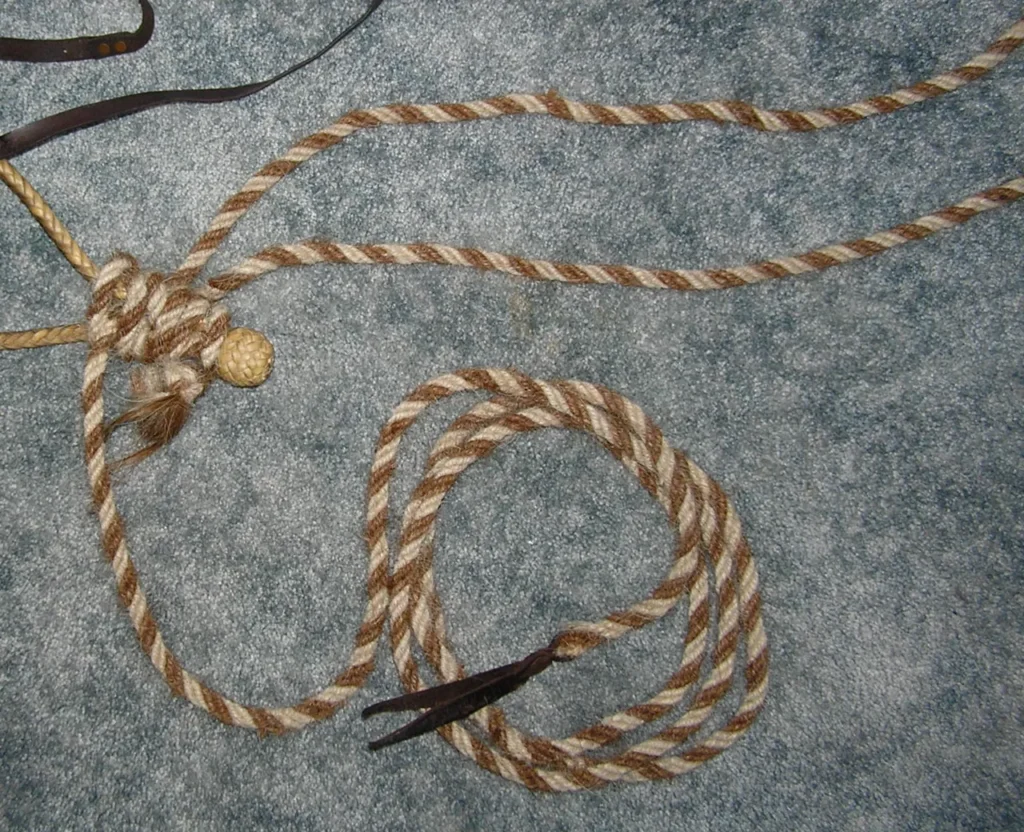
Some people think that snakes are scared of horses and horsehair ropes will deter them.
The truth is that snakes are very shy animals and will avoid horses as they’re much larger than them and can easily trample them – so they’re not necessarily scared of horses, just their size.
Snakes will traverse horsehair ropes, making them an ineffective deterrent. They also don’t associate horsehair ropes with horses.
Why Do People Think Rope Can Keep Snakes Away? Where Does This Idea Come From?
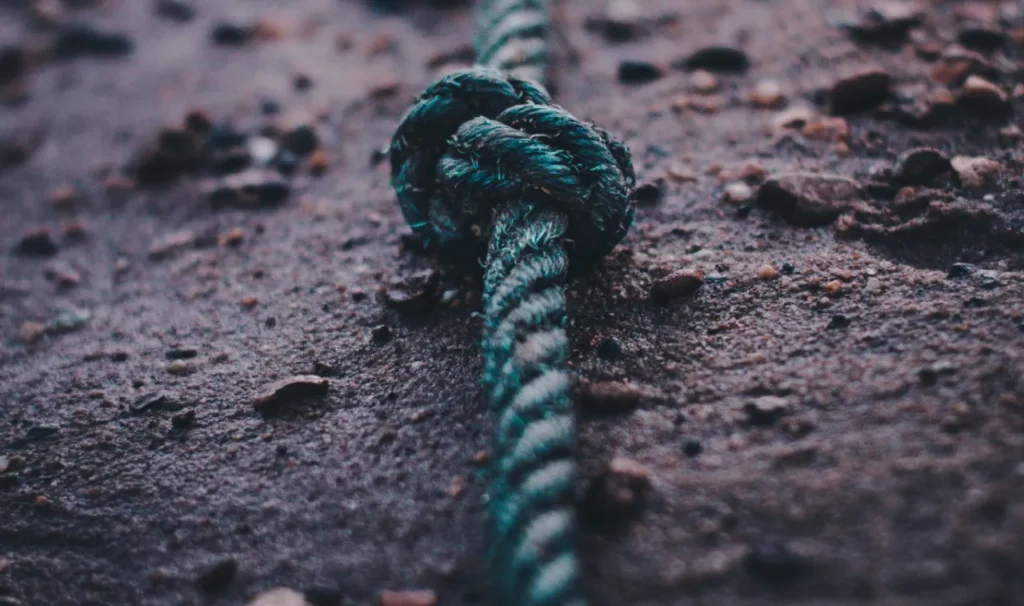
People think rope can keep snakes away because an urban myth developed in the wild west when cowboys used to roll rope around their beds before sleeping to keep the snakes away.
Maybe they did, maybe they didn't. I'm not sure.
But what I do know is this has long since been disproved with scientific studies.
It was also thought that snakes try to avoid scratchy surfaces because they have soft and sensitive underbellies but experiments have shown that this isn’t the case.
It’s also a myth that snakes avoid horsehair rope because they’re afraid of horses. Snakes shy away from horses because of their large size and the possibility of being trampled – if they see a piece of horsehair rope, they won’t associate it with a horse.
How To Actually Keep Snakes Away When Sleeping In A Tent
Below are some proven methods to keep snakes away when sleeping on the ground or in a tent:
Keep Your Tent Closed
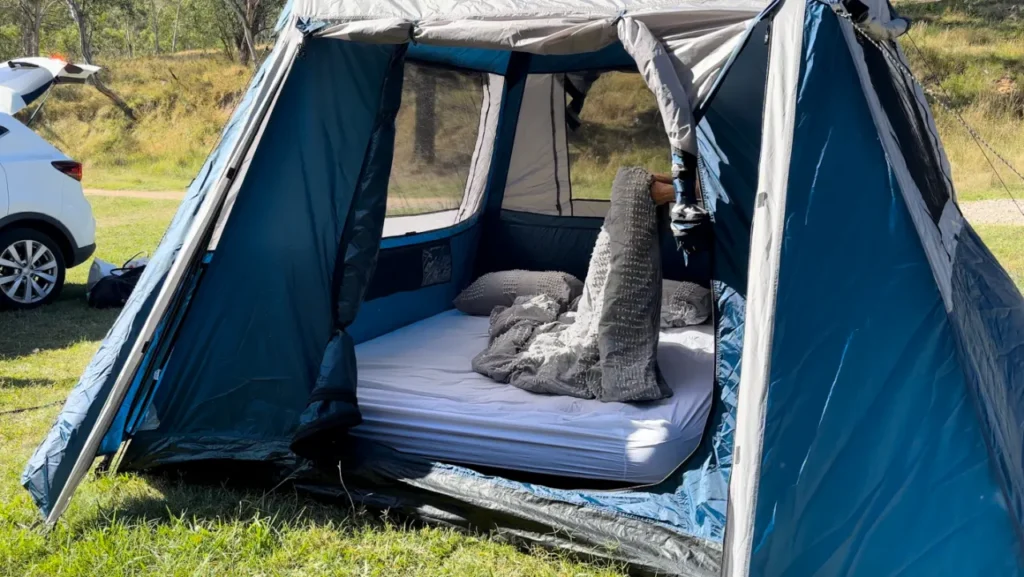
The most basic protection against snakes is to keep your tent closed so they can’t enter it. Although this doesn’t prevent them from entering your campsite, you won’t have a scary surprise when you turn in for the night.
Make sure to keep your tent closed even during the day and even while you're around your campsite.
If you’re sleeping out in the open, keep your sleeping bag rolled up until just before you go to bed so that snakes can’t enter it during the day or in the evening while you're spending time around the campfire.
Use a Snake Repellent Product
Before going camping in a place I know there will be snakes, I always make sure I have a good snake repellent product like one of the following:
- Clove and cinnamon oil. Snakes hate the smell of cloves and cinnamon and you can mix equal parts of clove and cinnamon essential oils into a spray bottle for a great repellent. Spray it around your camp’s perimeter as soon as you arrive.
- Ammonia. You don’t need to bring ammonia with you when camping: before leaving, soak a rag or some kitchen towel in ammonia and place it in a ziplock bag. When you arrive at your campsite, place it near your tent and open it so the vapors deter any snakes.
- Vinegar spray. Snakes are also repelled by vinegar. Bring a spray bottle of white vinegar with on your camping trip and use it for cleaning your grill or camping stove if you have any leftover.
- Lime juice and peppermint oil solution. You can make a lime juice and peppermint oil solution by combining freshly squeezed (or bottled) lime juice and peppermint essential oil in a spray bottle.
- Citronella oil. A 2012 study revealed that citronella also effectively repels snakes. Burning citronella candles at your campsite has the added benefit of repelling mosquitos and smells good as well.
- Commercial snake repellent. If you don’t feel like making your own snake repellent, buy some from an outdoor store or online. A good snake repellent should have naphthalene as an active ingredient.
Bonide Snake Stopper from Amazon is a great example and it’s also safe if you have kids or pets. Simply place the granules around your campsite’s perimeter and enjoy protection from lizards and iguanas as well.
These ready to use snake repellent granules are made from natural ingredients including cinnamon oil, cedarwood oil and clove oil which have a strong smell and taste to naturally deter snakes.
Safe for use around people and pets and made from biodegradable ingredients that will not harm plants.
Sleep On a Raised Camping Bed
Snakes don’t actively seek out humans and even if one accidentally moves into your tent, they’re unlikely to harm you unless you startle them.
If a snake enters your tent, they’ll look for a hiding place and probably won’t approach you, especially if you’re on a raised camping bed.
If you want to deter them from your tent altogether, consider investing in a raised tent like this one from Amazon which comes with an inflatable mattress.
Includes an off the ground tent and camping bed which is foldable for easy storage and simple to put up. Can be detached and used separately. Comes with an easy inflate mattress.
Use a Mosquito Net
In addition to protecting you from annoying mozzies, a mosquito net works as a physical barrier against snakes and can protect you while you’re sleeping.
Some tents come with in-built mosquito nets but if you’re sleeping out in the open, consider getting a mosquito net for your sleeping bag. MekkaPro Mosquito Netting for Camping from Amazon fits over a single sleeping bag and is lightweight yet durable.
Protect yourself from mosquitos, noseeums, flying insects, bees and other pesky bugs while you sleep outdoors. With dimensions 220 cm (L) x 120 cm (W) x 100 cm (H), the mosquito net is made for a single sleeping bag with a roomy interior and adequate head space
Camp In Open Spaces
When they’re not hunting, snakes prefer habitat where they can remain hidden from other animals. This includes forested terrain, loose vegetation, wood and branches and areas with plenty of rocks and boulders for camouflage.
To minimize the chances of a snake being at your campsite, choose a clear area.
Keep Rodents Away
This is an indirect way of keeping snakes away. Snakes hunt and prey on rodents and the fewer rodents there are around, the less likely snakes are to enter your campsite.
You can keep rodents away from your campsite by packing your food in secure containers and not leaving any garbage, crumbs or bits of old food lying around.
Also clear out campfire ash as soon as possible (especially if you cooked over it and it has food oil in it).
Mice and rats also don’t like the smell of peppermint, ammonia and vinegar so if you’re already using this as a snake repellent, it can do double duty.
